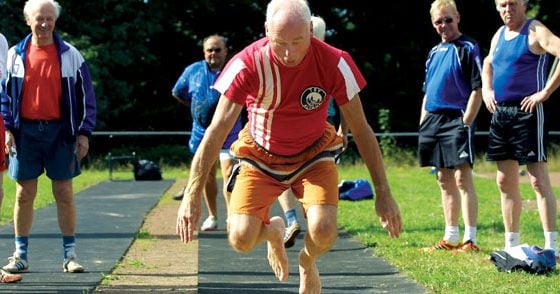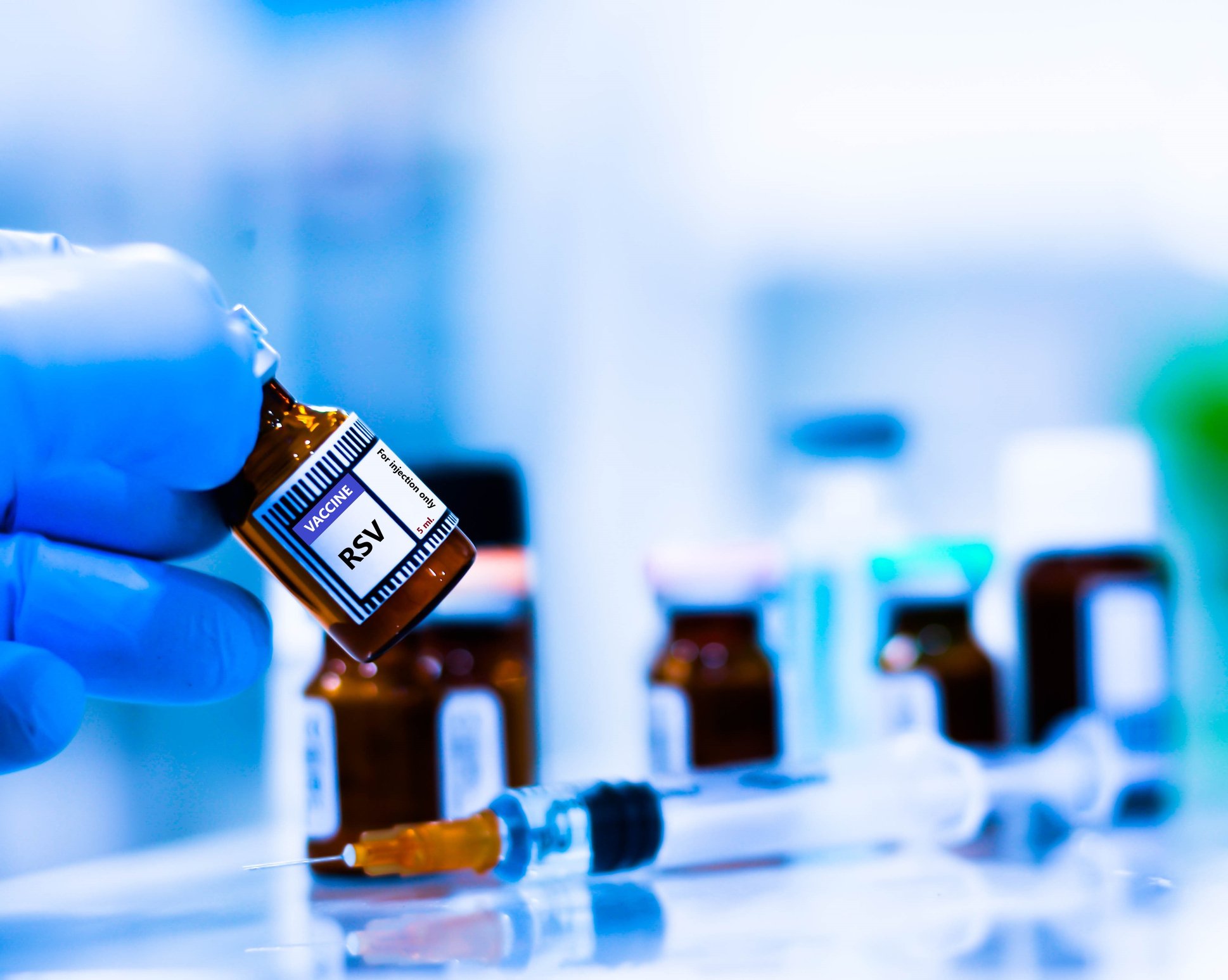The therapeutic goal in moderate to severe plaque psoriasis is to relieve patients of their skin symptoms as much as possible (PASI ≥75%). If this does not succeed within certain time limits, therapy optimization is indicated. The guidelines have now been summarized in a current European consensus, in which Swiss experts also participated. An advanced training course in Basel was dedicated to this topic.
In 2011, Prof. Dr. med. Ulrich Mrowietz, Kiel, and experts from 19 European countries developed and published therapy targets for moderate to severe plaque psoriasis [1]. Based on this, the group, newly expanded to include Canada, met again and is currently presenting a consensus paper describing the individual therapies with their advantages and disadvantages as well as special features [2]. From Switzerland, PD Dr. med. Curdin Conrad, Prof. Dr. med. Lars French, PD Dr. med. Peter Häusermann, Dr. med. Antonios Kolios, PD Dr. med. Alexander Navarini and Prof. Dr. med. Nikhil Yawalkar participated in the consensus finding.
147 experts from 33 countries met to discuss the fourteen sets of questions posed in advance by the Steering Committee, with 93 questions on clinically relevant topics, and provided answers on systemic therapy, optimization, and the use of biologicals. The responses incorporated the current literature with the relevant evidence. Where literature was lacking, expert opinion was considered.
Numerous therapy options
The fact that therapy and optimization in practice cannot simply be carried out according to schemes became clear during the training in Basel. Simon Müller, MD, Basel, compared the broad spectrum of therapies for psoriasis with the Tokyo subway network. To achieve the goal of rapid improvement in condition, he said, it is necessary to continually evaluate exactly where the patient stands. “Severity is essential because it is the starting point,” Dr. Müller emphasized [1].
According to the rule of ten, psoriasis is classified as moderate to severe if the body surface area (BSA, diseased skin areas as a percentage of total body surface area), the psoriasis area and severity index (PASI, taking into account the severity and localization of skin symptoms) and the dermatology life quality index (DLQI, disease-specific quality of life) are each greater than 10.
Using examples, Dr. Müller showed that both the determination of the PASI and that of the BSA are often not so easy to collect in practice. Although the theory sounds simple, mistakes are often made as early as the diagnostic phase. Estimating the extent with the patient’s palms has sources of error, as does the graduation of erythema, inflammation, and desquamation. These symptoms may, for example, be an expression of a new relapse or healing. Post-inflammatory resterythem without elevation or scaling should be designated 0.
Such subtleties in physician judgment have an impact on the estimate of PASI. This value, in turn, determines what happens next.
In mild psoriasis, local therapy is sufficient; in moderate to severe forms and special forms, systemic therapy becomes necessary. By definition severe are also an infestation of visible skin areas or the genitals, onycholysis or onychodystrophy of two or more fingernails, and pruritus with frequent scratching.
A major disadvantage of the PASI: It does not take into account the “quality of life”. This is why the DLQI is becoming increasingly important in therapy decisions. If the DLQI value exceeds 5, the treatment goal is not achieved and the therapy must be changed.
Induction phase
The duration of the induction phase is set at 16-24 weeks. For fast-acting therapies (e.g., with infliximab, adalimumab), the induction phase lasts until week 16; for slower-acting therapies (e.g., with methotrexate, acitretin, etanercept), it lasts until week 24. “Only at the end does it make sense to check the success of the therapy,” says Dr. Müller. If the goal of improving the PASI by 75% was not achieved, modifications are pending. Also during the maintenance phase, regular check-ups should be performed at two-month intervals to determine whether the therapy goals have been achieved.
The following topics were particularly important to the expert group:
- When is optimal system therapy achieved?
- If methotrexate, how long should it be given?
- If ciclosporin A, what to look for?
- When should I switch from conventional to biologicals?
- What is the safest way to switch from one biological to another?
The recommendations on methotrexate (MTX) concern oral administration, since in most psoriasis studies the drug is given perorally. The consensus sees little evidence that folic acid can improve tolerance. What to do in case of insufficient response? After week eight, the dose may be increased to 20 mg/week. If there is still an inadequate response after 16-24 weeks, stop therapy or consider combining with a biological. Regarding the duration of therapy with MTX: As long as it works and is well tolerated, there is no limit. Liver toxicity is considered to be low, but procollagen III N-terminal propeptide (PIIINP) should still be determined every three to six months. Tuberculosis screening is not necessary.
For ciclosporin A, a starting dose of 2.5-3 mg/kgKG/day is sufficient, and the maximum effect can be expected after five to twelve weeks. The duration of therapy can be intermittent for three to six months at a time, max. two years continuously. A check for skin cancer is always obligatory during monitoring (clinic and laboratory). Interruptions or stopping MTX and ciclosporin A are not recommended. Patients must be well educated about the possibility of recurrence. In cases of rapid or severe recurrence, the efficacy of reinduced conventional therapy is often insufficient.
When to change?
There is no approved indication in Switzerland for combinations of conventional and system therapy with biologicals. The consensus mentions NF-alpha and MTX or TNF-alpha and acitretin. CyA and TNF-alpha/ustkinumab should not be combined. “If a special therapy not approved by Swissmedic is being considered, it is always advisable to obtain a cost approval before starting,” the speakers advised in Basel.
The basic opinion is that biological therapy should be administered continuously, as there is a fear of possible loss of efficacy if discontinued. If response is good, consensus suggests that dose reduction (infliximab, ustekinumab) or interval extension (adalimumab, etanercept) may be considered for monotherapy with biologicals. Dose reduction of the biological (especially infliximab) is also an option in combination therapy with MTX and TNF antagonists.
Discontinuation of biological therapy is not usually recommended. If complete healing has been achieved for one year, discontinuation may be considered if there is an urgent patient request, a prolonged disease-free interval, no significant comorbidities, no PsA, little impact on quality of life, and no worsening of disease after previous dose reductions and treatment interruptions. “The risk is that 20% will not achieve a PASI-75 response after treatment resumption,” Dr. Häusermann concluded.
Source: Training on the “International Consensus on the Optimization of Psoriasis Therapy”, April 23, 2013, Basel.
Literature:
- Mrowietz U, et al: Definition of treatment goals for moderate to severe psoriasis: a European consensus. Archives of Dermatological Research 2011; 303: 1-10.
- Mrowietz U, et al: A consensus report on appropriate treatment optimization and transitioning in the management of moderate-to-severe plaque psoriasis. J Eur Acad Dermatol Venereol 2013 Feb 26. doi: 10.1111/jdv.12118. [Epub ahead of print].











